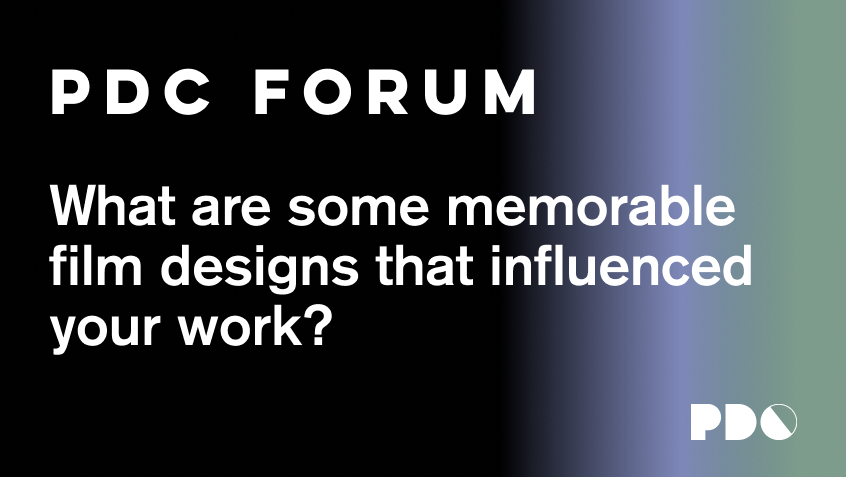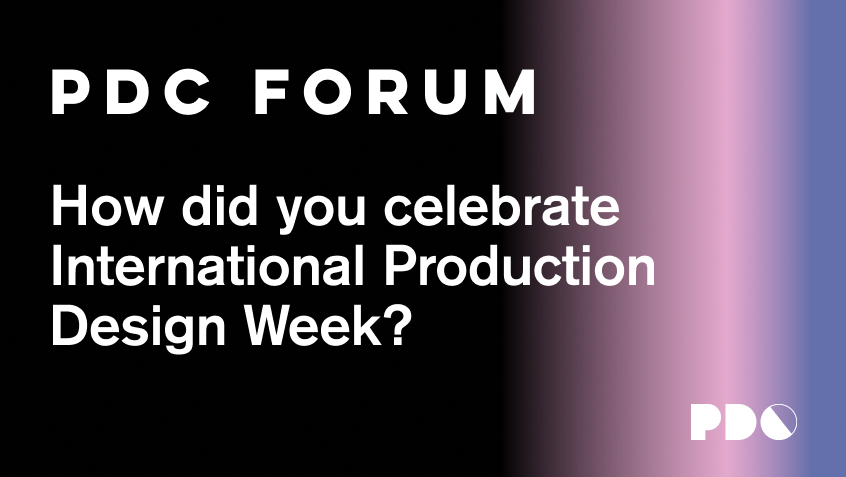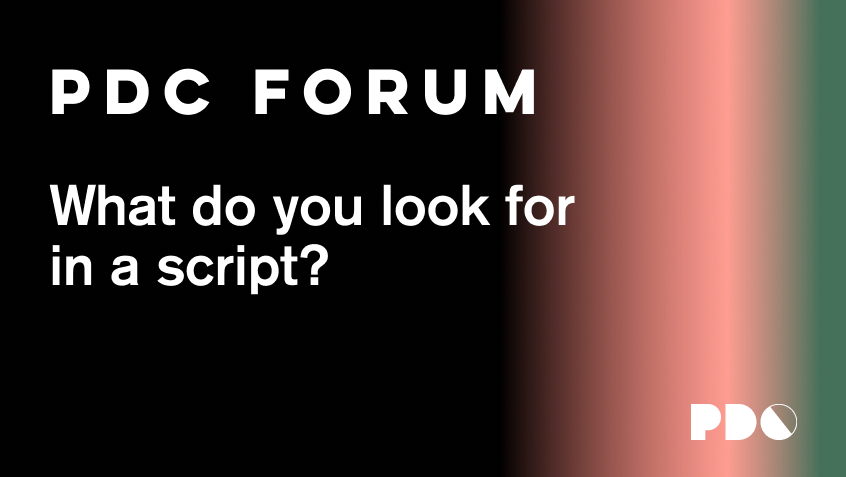
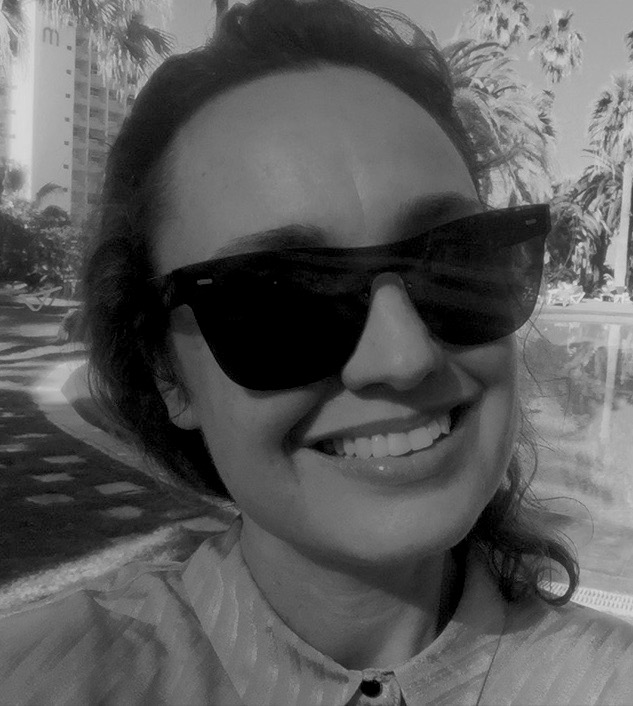
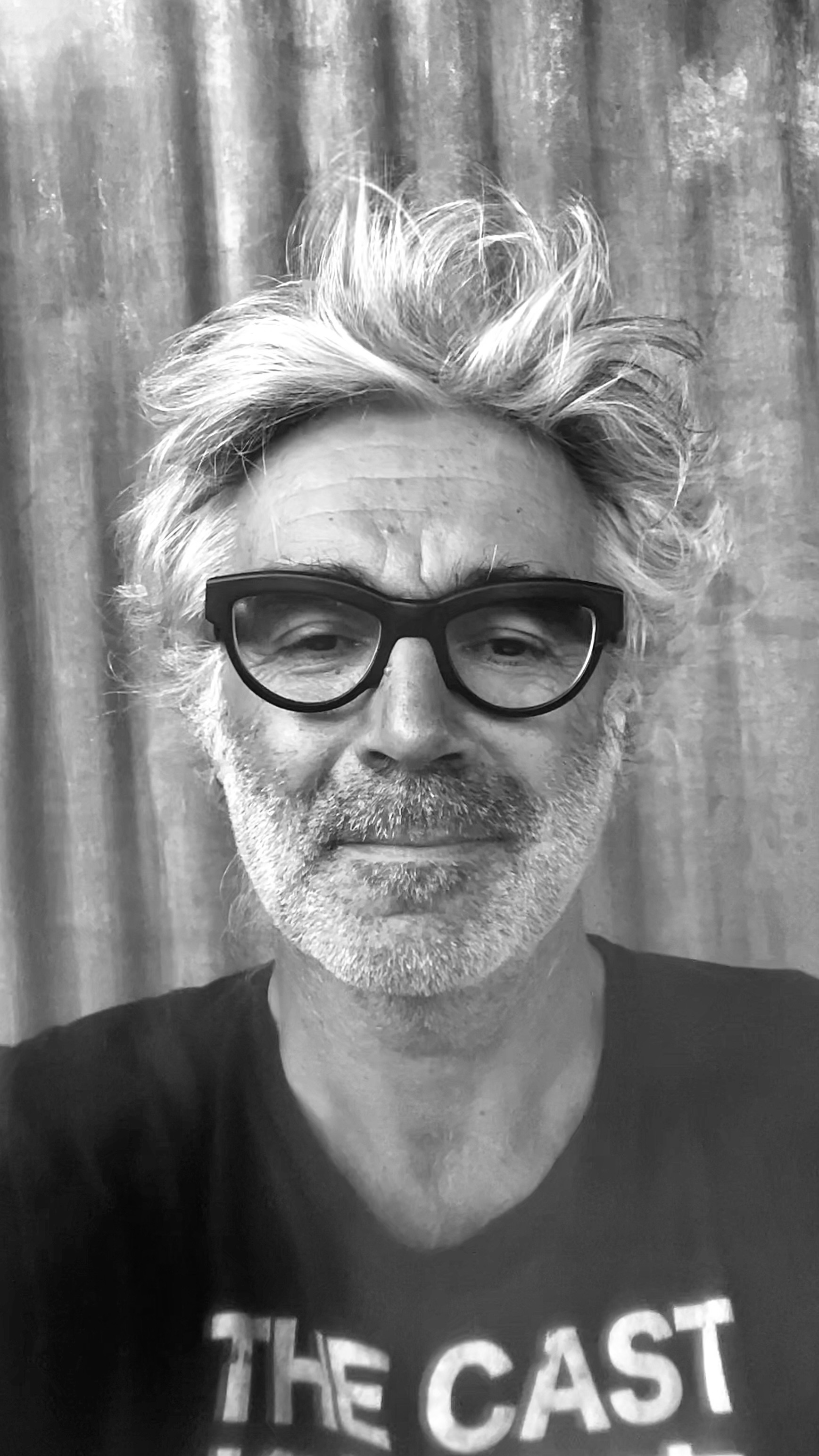
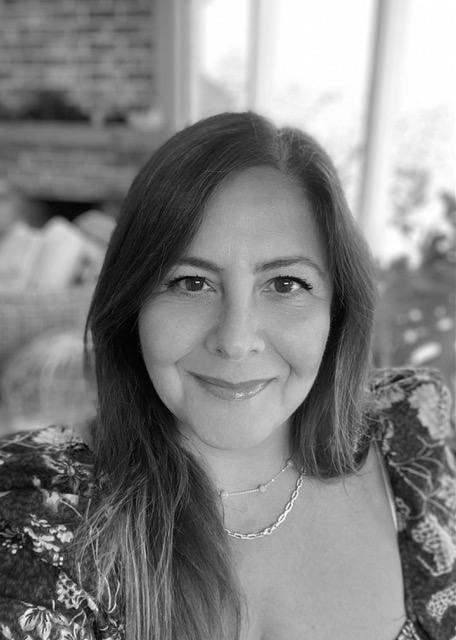
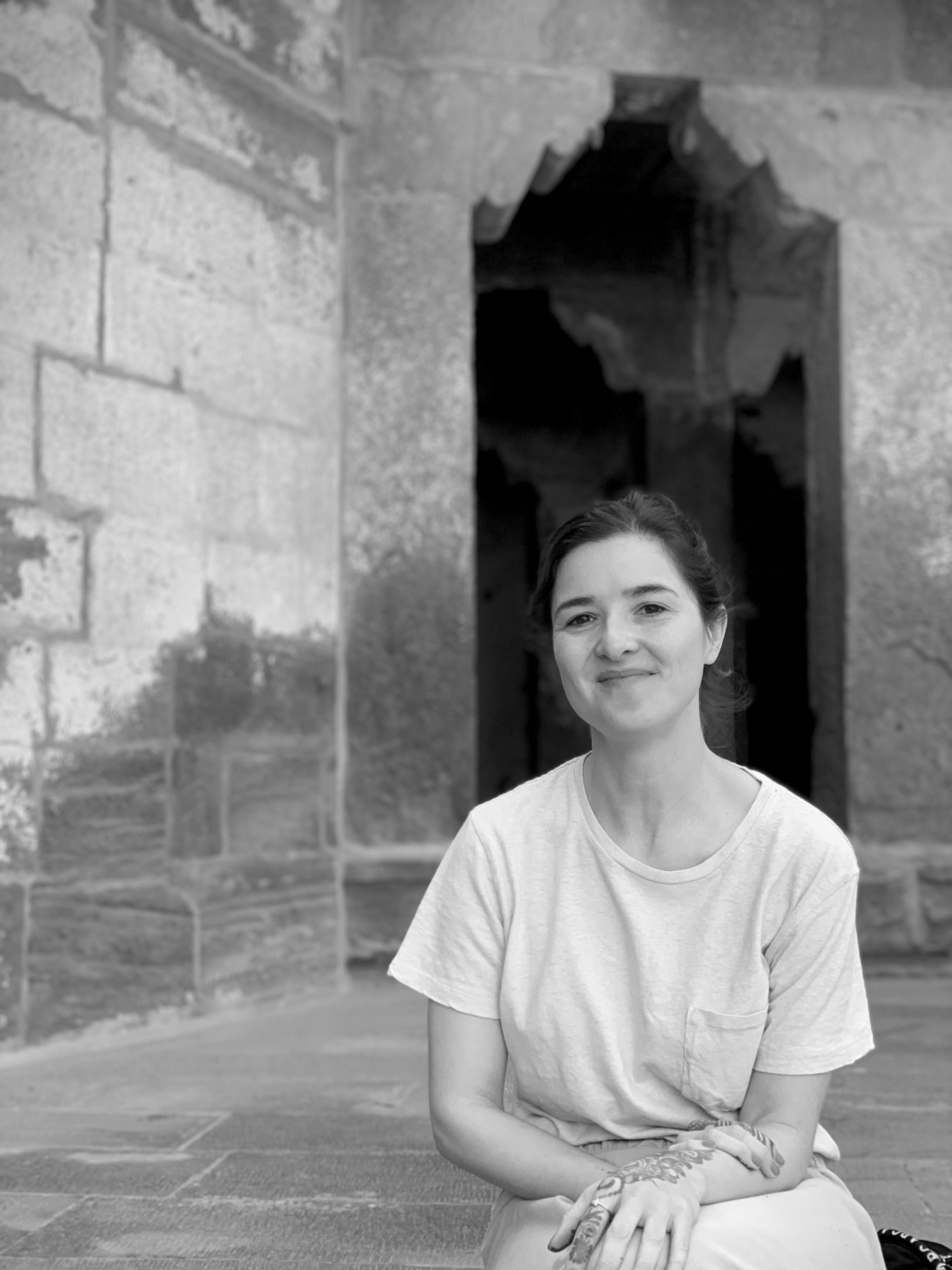
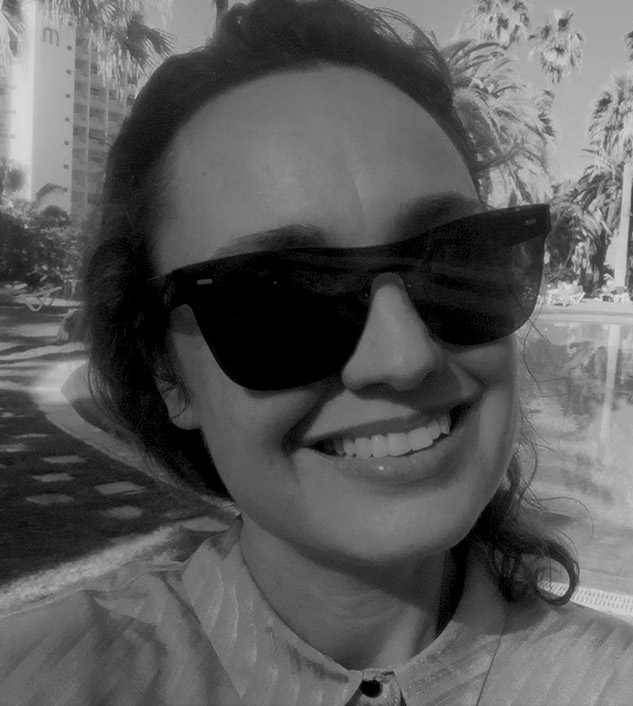
Danish designer Sabine Hviid studied production design at the NFTS in the UK. She has designed numerous films in Denmark and abroad, including “When Animals Dream”, for which she was awarded the Danish Academy prize for Best Production Design, “Charter” and “Another Round”. She is currently developing Thomas Vinterberg’s upcoming series “Families Like Ours”
Getting your hands on a script that offers a spectacular visual world, one where you can show off all your creativity and art department wizardry, is seductive. However, I first and foremost look for something that resonates on a personal level, no matter what the genre is. If that's found, this will likely reduce the creative struggle a thousand times and make the work much more enjoyable. If you connect with the writing on a deeper level, it's not only more meaningful and fulfilling work for you, but also much easier to make design choices because of that connection to the material - enabling you the confidence to work faster and fluidly. Such a choice can allow you to work on a more intuitive level - one could almost call it “method” designing?
This approach requires the writing to have a strong sense of environment and place in the script. The descriptions do not have to be overly bold or even elaborate, but should feel like a truthful world and unique to its story. Something to kickstart the inner film off the page and thereby the work.
Thanks to past experience I can quickly get a sense of whether the world described on paper is generic or actually stems from a writer’s (or other collaborator’s) personal experience, or alternatively, some very thorough research. A script that rejects the generic is exciting as it will often give the right trajectory from which to begin a much more detailed investigative journey into both art, period, architecture and other important considerations for your world-building.
I welcome a script that contains themes and environments that point to in-depth real-world study; that it already has a strong core, but is able to allow some openness for you to come in and interpret the world visually. This is also fruitful in terms of laying a foundation for a smooth production later on.
Luckily in Denmark we production designers are often being called to take part early in the process to produce a “visual treatment” on the script. This means we’re developing ideas for the spaces based on early scouting, looking into props to support storytelling, finding descriptive moods, selecting colours to emphasize certain themes, and even considering costumes - all these things will help more precisely draw a world and its characters. This also allows for a few rounds of back and forth between the writers room and the design department, which I think creates a great collaborative and organic workflow. Knowing you will be granted that time can be absolutely key in deciding to sign onto a new project.
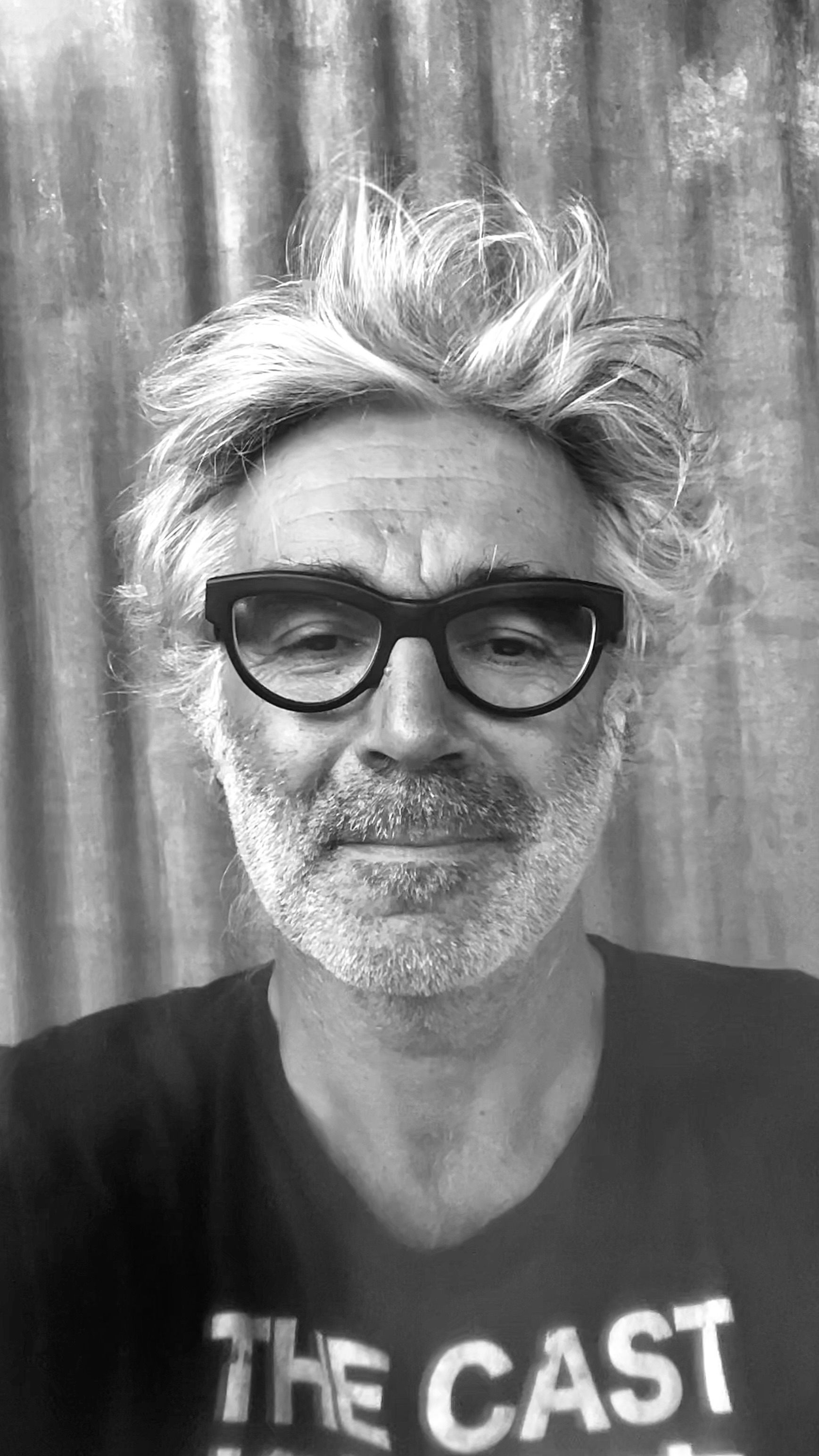
Jean Vincent Puzos studied architecture and landscaping in Paris, and has designed many commercials, fashion shows, plays, musicals and movies. Among his credits are Andrzej Zulawski's "The Blue Note", Michael Haneke's "Amour", James Gray's "The lost city of Z" and "The Cat's Meow" by Peter Bogdanovich.
Every production designer has a personal way to choose a project... Your life, your background, your dreams, your skills, your personality all define and justify your choice. Some want to be part of a big family; Some prefer to be outlaws; Some enjoy to repeat themselves; Some are interested and specialized in one category of movies; Some are more unpredictable.
I am one of them.
My search for freedom has defined my professional life and developed a few rules for me: don't repeat yourself. Try new styles, new genres, different periods. Explore different countries, meet people. Change teams. Don't work too many times with the same director. Don't hesitate when you feel something or someone. Never regret a decision......
My first movie was with a Vietnamese director, my last one with an Icelandic director. I worked in so many countries, with bonsai budgets or Godzilla budgets, indies or studios, charismatic auteurs or directors for hire, smart talented directors or lazy tourists. I always tried to be creative with any project.
Most of the time I choose scripts involving construction (I am an architect), with Imagination. I need to build huge and ambitious studio sets in order to learn how to design small, smart and cheap for independent movies. On the other hand I need the indie experience of dealing with a lack of time, manpower and money to be as ambitious as I would be for a studio...
When I receive a script, I have no clue about the level of work or research that the scriptwriter put into it. I don't know from where, from what , I inherit this text.
What was in the past?
What could be in the future?
Is it a will? Am I the heir??
What is the level of creation?
Is there a treasure to discover?
What is its forcefulness, what is or are his weaknesses?
What are the good ideas popping through the words? is it miraculous?
Sometimes walls are built by the writer to protect his or her vision. The descriptions and the details are so precise that you feel shackled. At that moment, I feel that l have to break the predictability of the story. The desire to disobey is the most exciting - disobedience as the wisest of the production designer's duties.
When I feel oppressed by the script's rules, I have the right to propose alternatives, to change a building into a bridge, a restaurant into a water garden, to enhance the wind, to develop a storm. Rebel and seek to replace what is out of order or obsolete in the music and the fluidity of the story. If I feel that I can change a donkey into a stallion, I have no fear to propose the plastic surgery to the director. Imperfect scripts are of course the best to choose....work in progress projects are the best to jump into - they are rough, wild, full of emotions.
A script is not a bible ( sometimes it is unfortunately). They surprise me , with flashes of powerful moments. They are vital, organic, full of energy, effective, brittle, breakable, poetic or strategic. They all generate visions I can share.
As soon as I sense an attraction, a clear vision of where to go, what to develop, what to change, to adapt, to get rid of... I am in... Immediately, with passion... I want this script ,this director, this moment to share. I feel my power of imagination, which enables me to see further...
And I change my position from production designer to landscaper and gardener. I study the composition between the natural elements, locations and the designed artifacts, gardens, structures, roads, etc, etc... I see what is already there in good positions, which forest I could move, which river is missing, which mountain is too tall or too small, what could be replaced, what I could get rid of.
When I feel that the landscape in front of me is perfectly balanced... When I see the leaves moving in the wind.. I feel that I will definitely share this script with many other friends....
and I stop to look a new project.
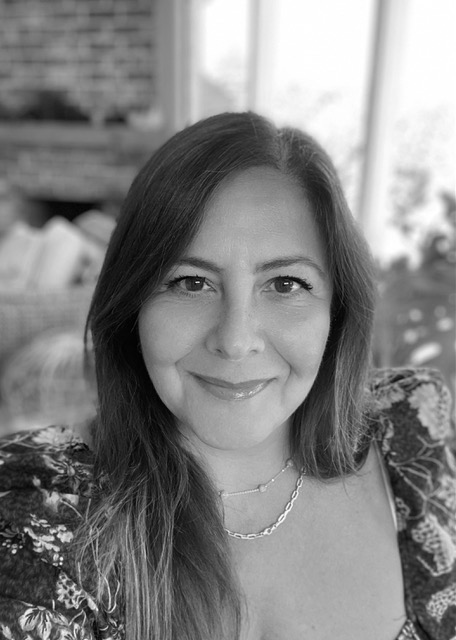
Charisse Cardenas has designed commercials, TV shows and films. Her TV credits include the shows "Jericho", "Pearson" and the upcoming "In With The Devil". Her film credits include "The Lincoln Lawyer", "Runner Runner" and "American Sniper".
Every production designer has their "dream" project. For me, it would be a 1940s period piece set in Italy. But how do I choose a project when it isn't set in 1940s Italy?...
When I receive a script, I think about multiple things, not just the story. Who is directing? Producing? Where is the location? What is the budget? But honestly, I do not have an overly complicated process for choosing projects. If I am not taken by the story within the first 10-15 pages of the script, I usually pass on the project.
On the other hand, when I read a script that draws me in, I can visualize the story in my mind as I read and that is usually the indicator that this is a project I want to do. Likewise, if the script is so engaging that I devour it in one sitting, that is also a good sign that this is a project I want to be involved with.
Another important aspect I consider is whether the show will be all locations or builds and if the budget will be sufficient to realize the vision for the project. Finally, I feel it is important to make sure you really love the entire project as opposed to just a single aspect of it. As my agent, Ann Murtha (who has always been very supportive of my choices over the years) often tells me, "You have to love it.”
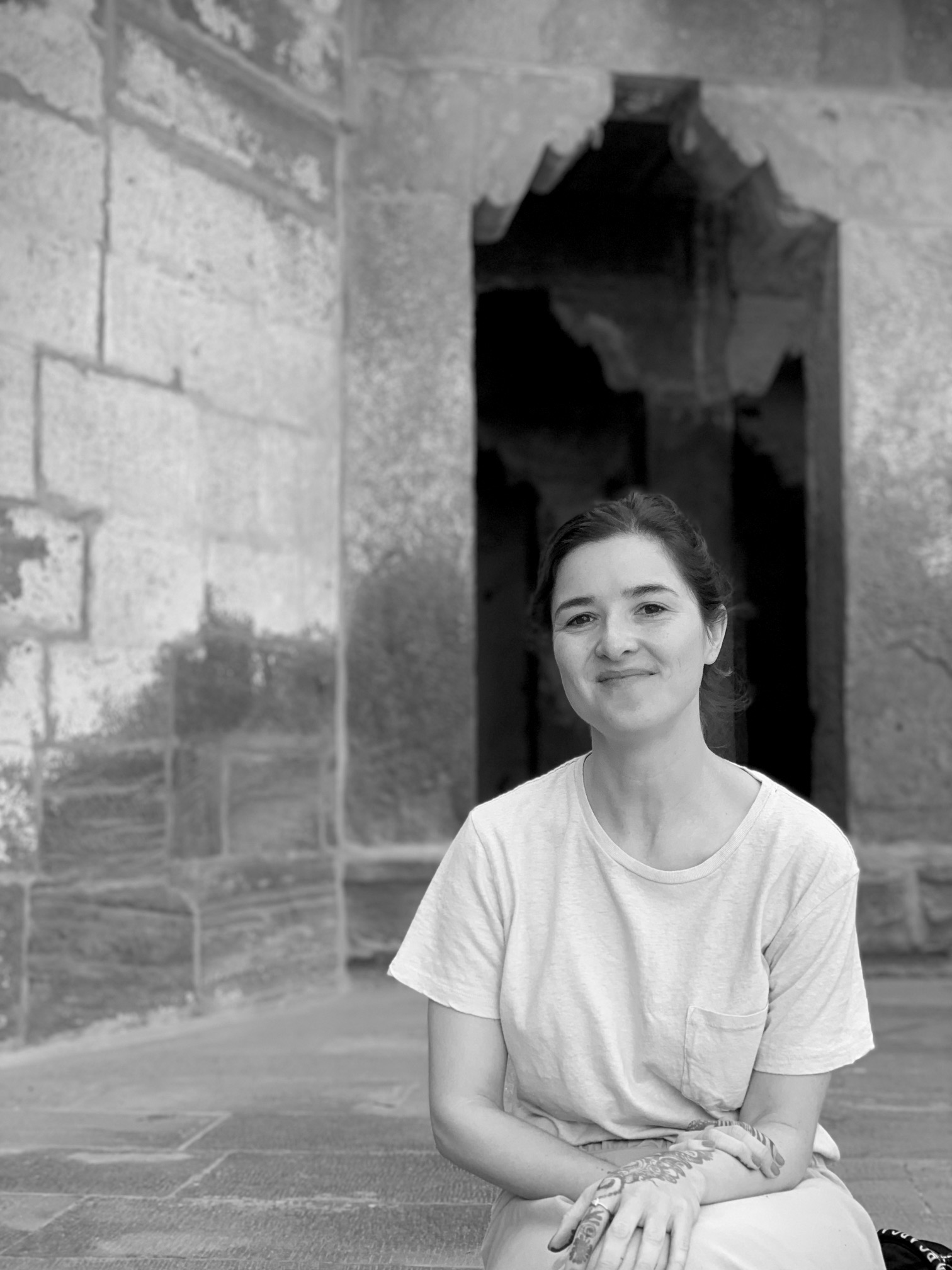
Cara Brower is a production designer based out of Los Angeles. Her design credits include "Our Friend", "Candyman", and the upcoming film "The Marvels".
I’m always looking for a script that has depth. I’ve always loved stories and art that work on multiple levels - starting with a really engrossing story on the surface, but then weaving themes that are saying something bigger about humanity between the lines. I also love when a story is a little edgy, surreal, or off-beat and brings a different voice or perspective to the table.
Saying that, it’s actually really hard for me to read a script without considering budget and director at the same time. If it’s clear there isn’t enough money to do a script justice or bring on a great crew, it’s really hard for me to imagine taking it on from the onset no matter how great the script is. Likewise if the director seems too inexperienced or I don’t connect with their previous work, it’s also incredibly hard for me to just read the script without constantly factoring that in. On the other hand, if I really connect with a director and their vision, I’d probably sign up for anything, even without getting to read a script first.


